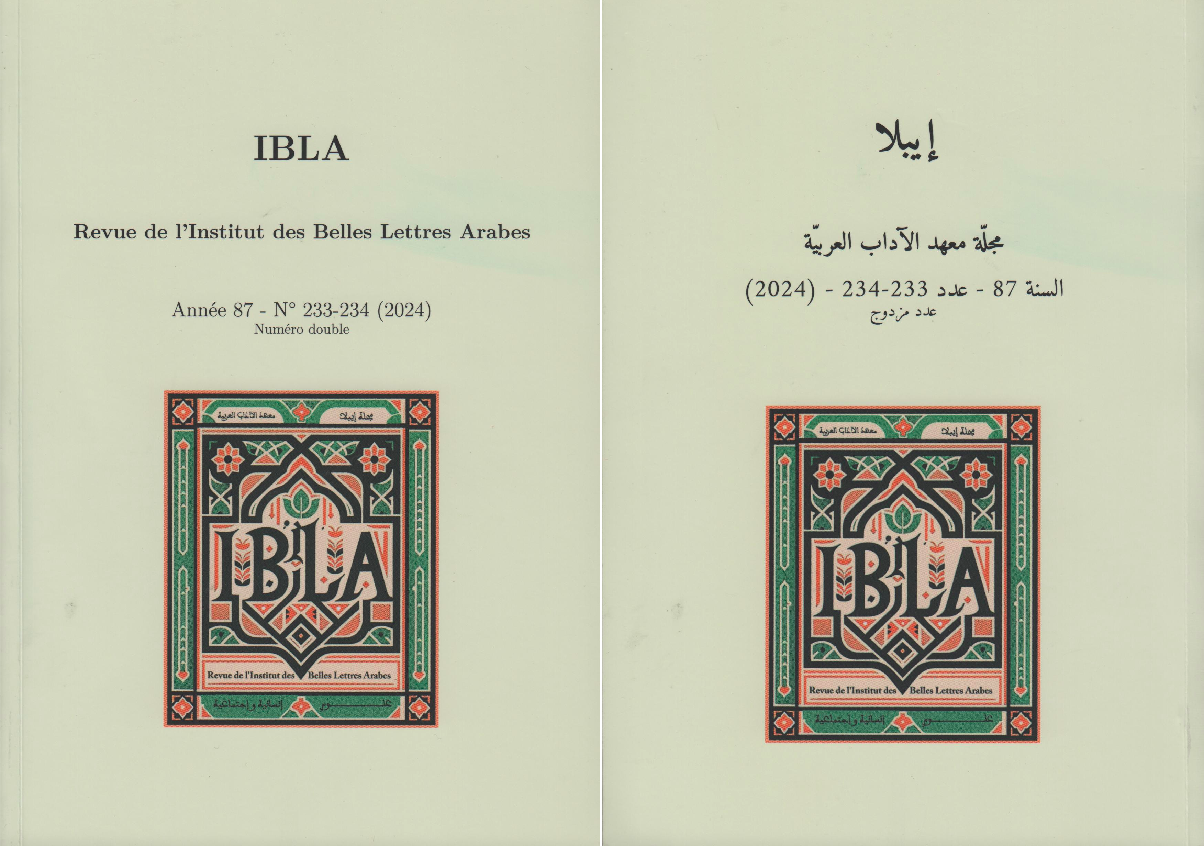النساء والمقدّس في فتاوى النساء لابن تيميّة
الملخص
تنهض الفتوى بوظيفة رسم الحدود الفاصلة بين المباح والممنوع في الثقافة الإسلاميّة ممّا يجعلها ذات صلة متينة بالمقدّس، ذاك الذي تقوم نواته على فكرة الحدّ والذي يكون احترامه بالامتثال إلى دواعي الطهارة وترك العيوب والنقائص. وفي هذا السّياق تشكّل فتاوى النساء مرجعا هامّا يسمح لنا بإدراك ذاك القلق الذي يعيشه المفتي والمستفتي عندما يكون محور الضبط متعلّقا بالمرأة وما تحمله في المتخيّل الديني من رمزيّة أسطوريّة للشرّ والإثم، ليتجلّى المقدّس في شكل نموذج أخلاقيّ متعال يستوفي إملاءات ذاك القلق الجندري، فيضبط دائرة الحرام التي يستدعيها احترام المقدس ويقدّم للنساء تدابير وقائيّة من السقوط في صورة المرأة الإبليسيّة ما أمكن.
التنزيلات
منشور
2024-12-15
كيفية الاقتباس
النساء والمقدّس في فتاوى النساء لابن تيميّة. (2024). مجلّة معهد الآداب العربيّة, 1(233-234), 111-126. https://ibla.tn/index.php/ibla/article/view/478






